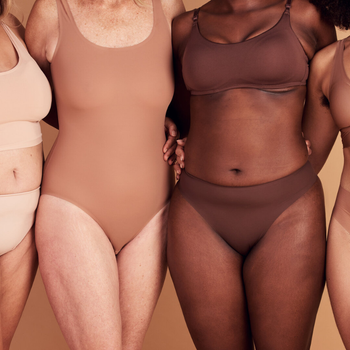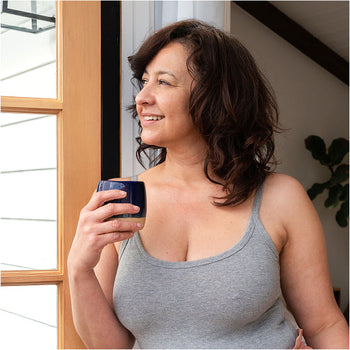Recently, my husband and I went to our local theater to enjoy a newly released movie. After purchasing popcorn and soda as we were on our way in to find our seats, I heard the song “Hakuna Matata” from Disney’s “The Lion King” coming through the speakers overhead. The entire soundtrack from that movie fills me with warmth and joy; it was our older son’s favorite music when he was three years old. This particular song, sung by Timon the meerkat and Pumbaa the warthog, was especially fun and our son quoted it constantly. My husband and I reminisced fondly as we sat down to watch our movie.
You can imagine my shock when, late that night, I was awakened out of a mediocre sleep (that’s as good as it gets these days!) by a horrible nightmare that included my attempting to chase an actual, real, smelly, non-animated and very un-cute warthog out of my house. My sons, small boys again in my subconscious, were trying to help me but we were all at a loss and I woke up sweating and in despair.
It may sound like a ridiculous dream, and it was. There are plenty more where that came from, too. I realized a while back that weirdly vivid dreams (and sometimes, nightmares) are yet another by-product of hormone changes in the menopause years that most of us don’t know about in advance because the very topic of Menopause has been, until recently, mostly taboo. When women are in our twenties and thirties, also hormonally imbalanced and having crazy dreams, someone should tell us that we may be up at night again fairly regularly in midlife.

The cause of wacky dreams and other symptoms of a poor night of sleep at our age seems to be a decrease in estrogen. Sleep disturbances seem to be more common in women who have hot flashes during perimenopause, and according to the Mayo Clinic, “up to half of the women in menopause report sleep difficulties.” A simple internet search reveals many message boards full of middle-aged women asking if they are alone in experiencing weird dreams and nightmares as a symptom of perimenopause and below them, a flurry of affirmative answers expressing virtual high fives, camaraderie, and “WTF”s.
Many of us are in the same blazing hot boat. What do we do about it? BrazenWoman.com places “Strange Dreams” at number seven on a list of “The 10 Weirdest Signs of Perimenopause” and suggests that we keep a journal on the nightstand so we can self-analyze in the morning. That’s a good idea, though I can actually remember my bizarre dreams quite well once I’m awake, and I can usually pinpoint what minor thing happened the day before that caused my subconscious to go haywire.
Other than merely waiting for our menopause journey to progress to the point where we can sleep better again, there are things we can do to ensure that the sleep we do get is of better quality. The National Sleep Foundation provides some general sleep tips on their website and a few of those work well for me personally when it comes to reducing my vivid dream life, namely:
Avoiding alcohol and heavy meals in the evening. Also, caffeine. I consume very little in general and once mid-afternoon hits I try to refrain from it entirely. I have found when I indulge too late, I’m awake a lot.
Sleeping on a comfortable mattress and pillows. We spend so much time in bed, not sleeping when we’re trying to sleep, that it’s important to have comfortable, supportive surfaces on which to snooze.
Winding down. I find that it helps my night tremendously if I shut down the electronics at least an hour before bedtime (the light emitted from our screens can affect our sleep quality!) and allow my body to unwind.
Like many other menopause symptoms, vivid, nonsensical, disturbing dreams affect some women more than others. For those of us who suffer the shenanigans of warthogs and other creatures after dark, picking up some good nighttime habits can help us spend our sleep hours with more pleasant dream companions, like puppies and unicorns. Good night!
NOTICE: KINDRA DOES NOT PROVIDE MEDICAL OR HEALTH CARE ADVICE. OUR EMPLOYEES AND OTHER REPRESENTATIVES ARE NOT PHYSICIANS OR HEALTH CARE CLINICIANS. YOU SHOULD CONSULT YOUR PERSONAL PHYSICIAN FOR ANY MEDICAL AND/OR OTHER HEALTH CARE ADVICE BEFORE ACTING ON ANY INFORMATION PROVIDED BY KINDRA OR ANY OTHER SOURCE.
Leave a Reply
Tags: About Menopause Anxious body Fatigue Foggy & Unfocused Moody & Irritable nightmares personal stories sleeping Stressed Trouble Sleeping













